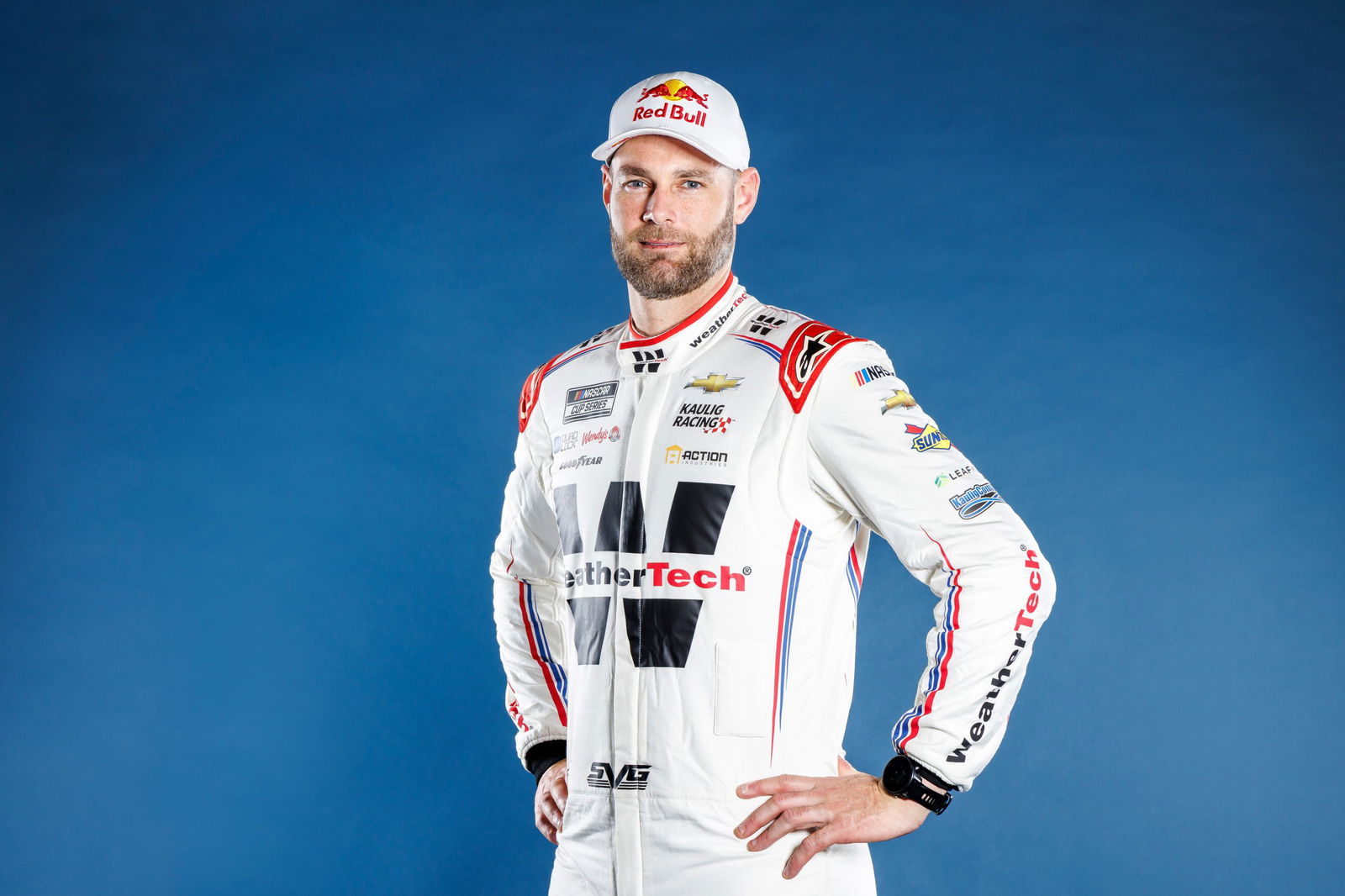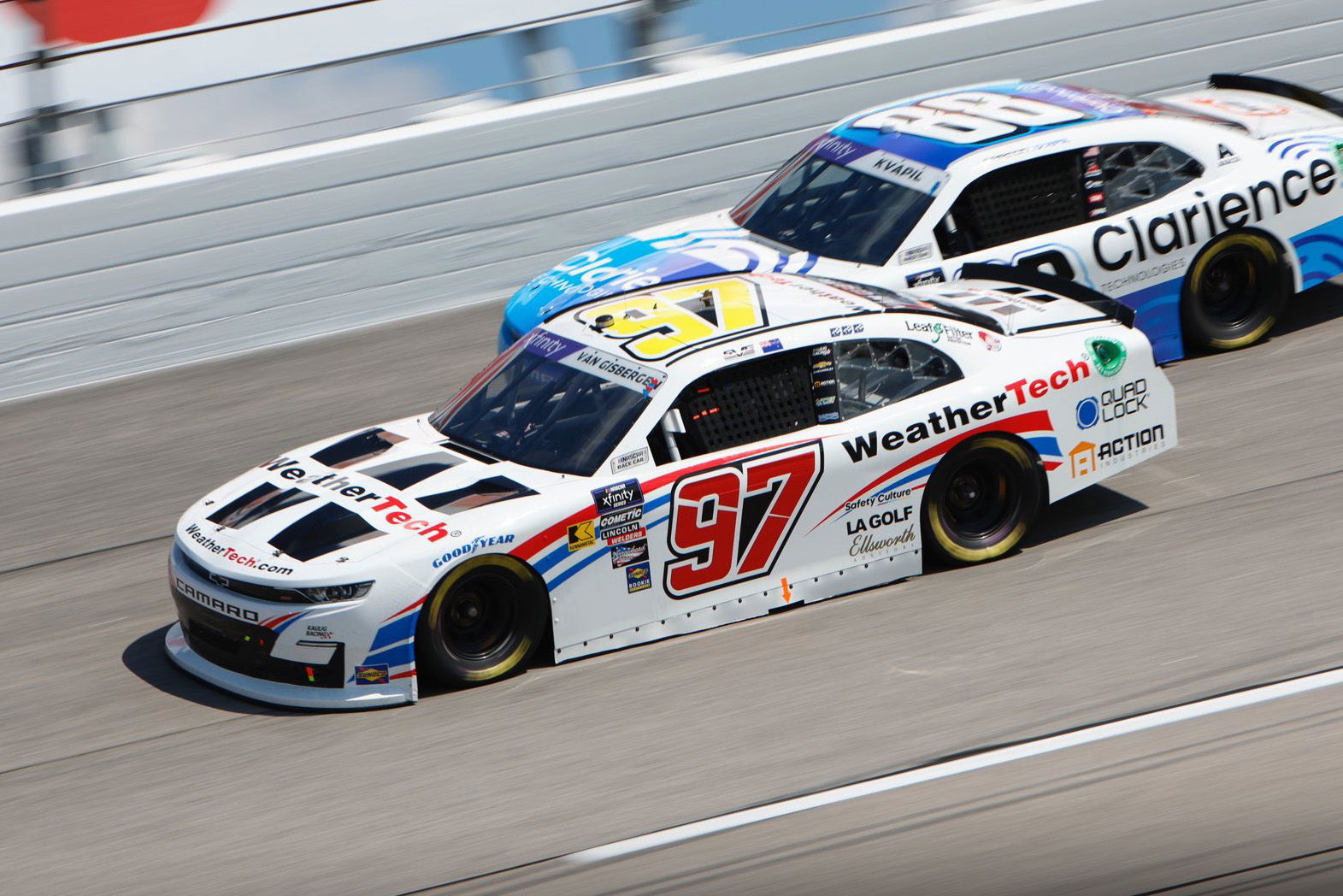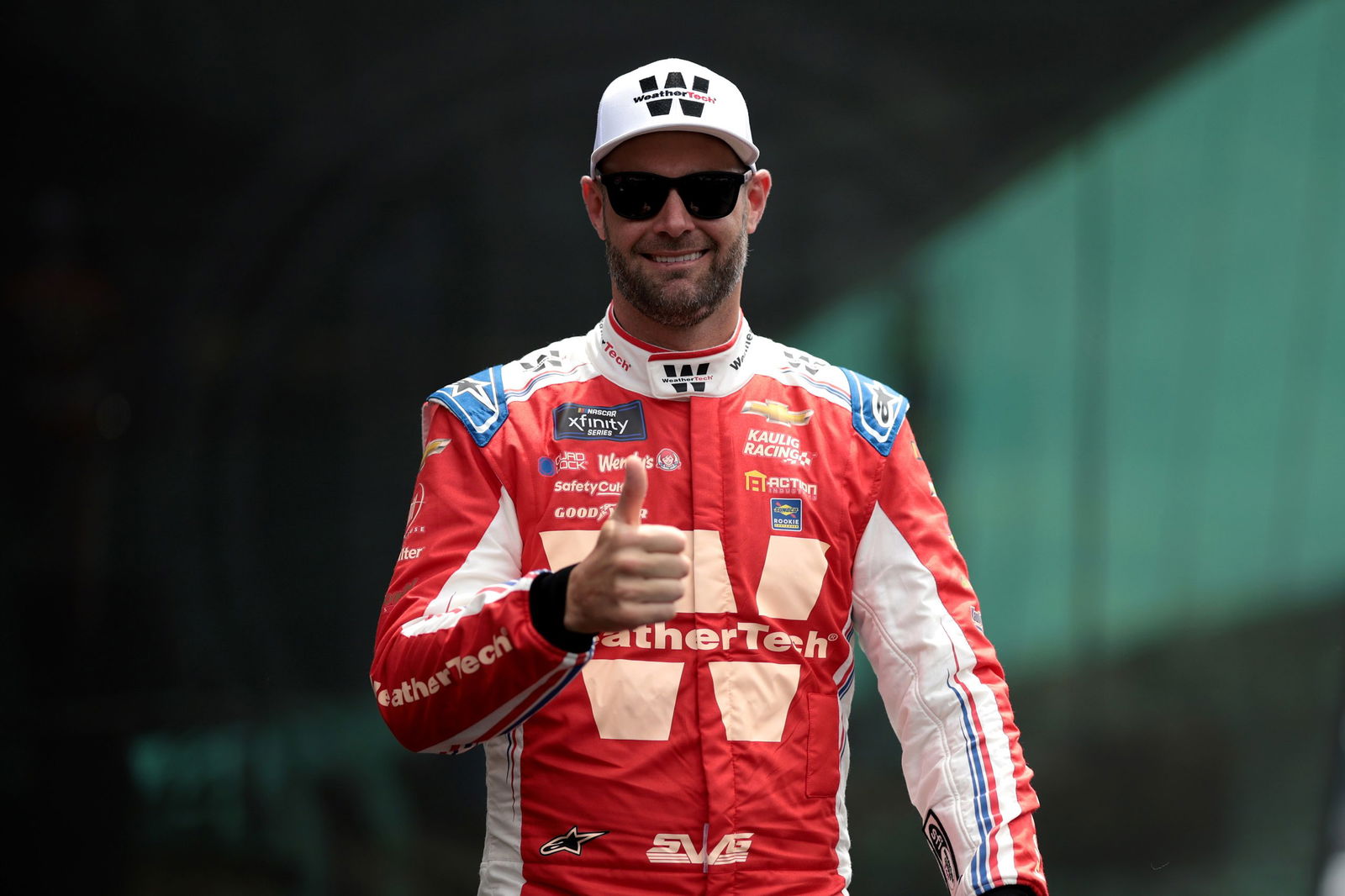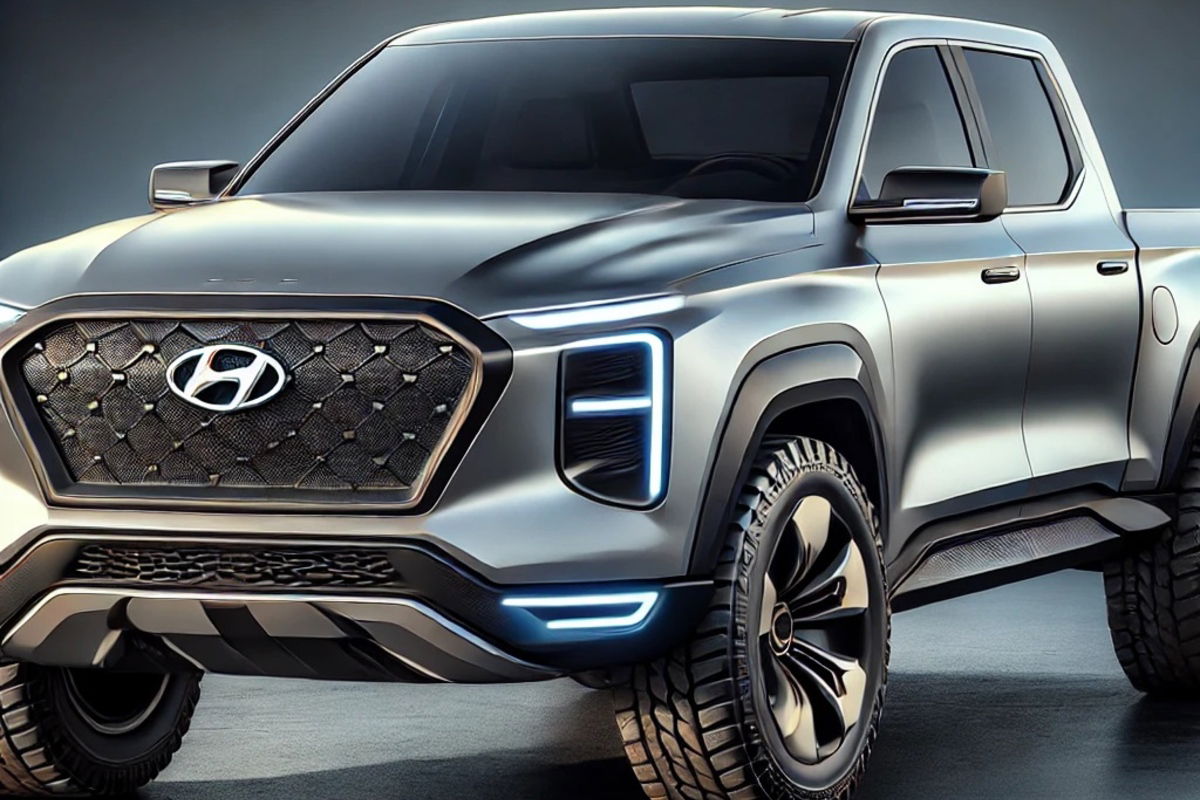

Van Gisbergen will freely admit he fell out of love with Supercars, owing to the lack of racing and issues surrounding the introduction of Gen3.
The three-time champion was critical of the next-generation concept and for months during its development abstained from commenting publicly.
In its maiden season, the car was constantly the subject of parity discussions with teams, drivers, and manufacturer representatives throwing barbs at one another.
It’s been nearly a year since van Gisbergen left Supercars and having embedded himself in NASCAR, the 35-year-old said he’s got a new perspective.
“It feels like openness and transparency between the series, the teams, and the fans seems to be a lot better here [in NASCAR],” van Gisbergen told Speedcafe.
“They still have a lot of issues here. Like the parity stuff here is 10 times worse than last year ever was [in Supercars].
“But would you ever hear about it? No. The teams complain, yes, but they just go and do a better job.
“It’s very, very interesting, the way stuff gets played out. I’ve certainly learnt a lot about the differences there when you’re racing [against] a Toyota or a Ford.
“The differences of the cars [in NASCAR] are way bigger than last year in Supercars. But that was the end of the world over there last year. It’s very interesting.
“Like the teams are still… not bitching, but they’re trying to get things better for their side of things,” he added.
“But it’s not aired out in public, aired out in dirty laundry, and then the series is trying to cover up shit or blame something else.
“It’s just the thought process is a lot different, and transparency of things is a lot different.”

Transparency is a word van Gisbergen often brings up when talking about Supercars.
He recounted the anti-roll bar saga, which kicked off when Supercars chose not to include in-car adjustors in Gen3, supposedly due to simplifying the cars and cutting costs.
Supercars copped flak for the call and u-turned amid a desire to keep the TV spectacle, which also roughly coincided with keeping the gear lever.
Time constraints ultimately precluded Supercars from having in-car anti-roll bar adjusters at the launch of Gen3.
Despite suggestions they would eventually be introduced, that never came to fruition.
He labelled transparency issues around Gen3 “smoke and mirrors”, leaving him frustrated.
“The roll bars last year were meant to be designed by a team. They were shifting the jobs around, and one of the teams was meant to design the roll bars and they didn’t get it done in time,” he explained.
“And then we were told it might be the second round or the third round they’ll get roll bars. And then all of a sudden, the story is, ‘Oh no, the cars don’t have roll bars because it’s harder for the guys to drive and it looks better’. And you’re like, ‘What the hell?’
“Just the way everything seems to be a cover-up and an excuse. Just be transparent. ‘This is how it is, it’s coming, this is what we’re doing to fix it’. It’ll all just seem to be one thing leading to another there, and everyone will just get angry about everything.”

Van Gisbergen, who is in his first year of full-time competition in the Xfinity Series, will graduate to the Cup Series in 2025.
He said the way NASCAR embraces its controversies is in stark contrast to Supercars.
Culturally or otherwise, van Gisbergen said he never felt he could lean into on-track rivalries because internal and external reaction was almost always terse in Supercars.
“You just feel like you have rivalries, like the rivalry with Austin Hill this year,” van Gisbergen explained of his run-in with another Xfinity Series driver.
“I should have had a rivalry with Scotty [McLaughlin] and embraced it more, or even Anton [De Pasquale] when he spun me out. But just the way the sponsors, the TV… just the pressures you get over in Australia doesn’t allow you to do it.
“You always shy away from it and try shut things down. Whereas here it’s kind of embraced a bit more. We didn’t, obviously, resort to fighting, but we punted each other on track and pushed each other out of the way and the show was awesome and there are no repercussions for that. It’s very different on that side of things.
“I found that to be pretty refreshing whereas in Australia I was always shying away from that sort of shit because you just get looked upon so badly from it, from the team, the fans, the sponsors. Here, it’s not embraced, you still don’t want that controversy, but it’s accepted, and it grows things in the right way it feels like.”

Van Gisbergen said he feels more comfortable and can speak his mind in the United States without fear of retribution.
He said he doesn’t know how that could change in Australia, and ultimately it could be cultural.
What he has noticed is that the drivers are heard. That was certainly the case with NASCAR and its Next Gen cars when drivers were suffering concussions in crashes.
“I think the big difference as well, when the drivers were struggling and commenting about the crashes, the series was receptive and the drivers have a lot more say here,” he said.
“Not that the drivers should be making the rules and changing shit, but at least their opinion should be valued.
“They made a lot of changes on the car here from driver advice and the car got instantly a lot better whereas it didn’t seem to be that way in other places.”
For more of the latest NASCAR news and analysis, visit Speedcafe US




















Discussion about this post